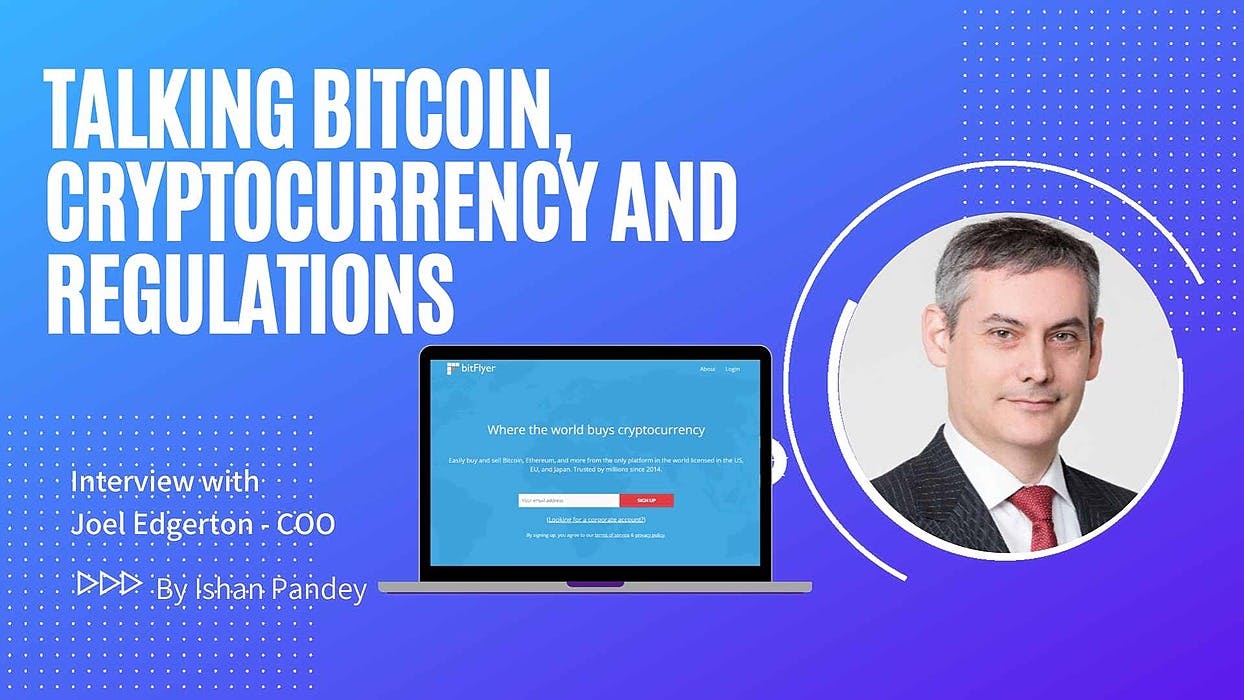740 reads
"In the US, Customer is King. In Japan, Customer is God": An Interview with Joel Edgerton
by
June 16th, 2020

Building and Covering the latest events, insights and views in the AI and Web3 ecosystem.
About Author
Building and Covering the latest events, insights and views in the AI and Web3 ecosystem.
